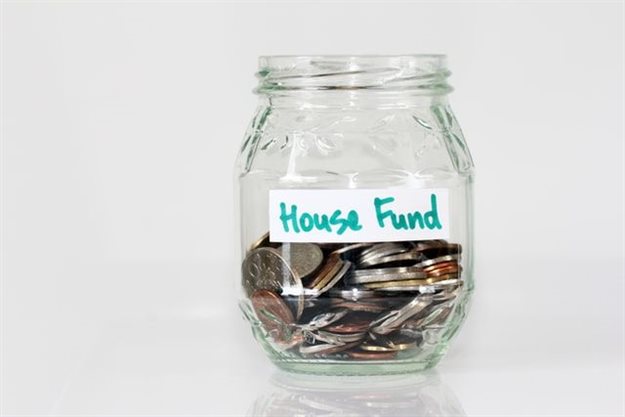
Top stories





Marketing & MediaAds are coming to AI. Does that really have to be such a bad thing?
Ilayaraja Subramanian 8 hours

More news


















Anybody in this position should make a plan as soon as possible, rather than wait idly until the bank (or other mortgage holder) takes legal action.
We’re probably only really starting to see the financial impact of the Covid-19 impact on personal finances now, and sadly this is reflecting in the number of distressed properties clients are approaching us with.
A distressed property simply refers to the situation in which a homeowner can no longer afford the bond repayment and has consistently missed the monthly payments, the property is then distressed.
The best course of action is to face the issue head on in order to minimise the damage as much as possible.
The first thing to do is to contact your bank as well as a trusted property advisor. Do this as soon as you miss a payment or, better yet, as soon as you realise you’re going to miss your next payment.

A property advisor will help you get your property on the market and work to ensure a timeous sale to minimise losses. You want to sell as soon as possible to recover costs and settle with the bank before they take the legal steps that put the foreclosure process in motion.
A property advisor will guide you through the process but also ensure the property is priced right for the market, which in turn ensures a faster sale. If you have built up enough equity, selling sooner rather than later also means there is a chance of covering both the outstanding bond and other debt.
It cannot be emphasised enough that the most important thing to do in a situation like this is to act as soon as possible. The foreclosure process by the bank can start as early as two missed payments down the line. The banks generally operate from the viewpoint that if a bondholder is more than two months in arrears, it is unlikely that they will be able to recover and pay the outstanding debt, and thus they usually begin the legal process of repossessing the property.
By voluntarily selling the property, you may be able to avoid a situation where it is forced upon you. Even before it goes to the bank, a property advisor will help you sell the property at as close to its market value as possible, as well as draw on their network of attorneys and professional advisors to negotiate a favourable deal and/or amicable situation for all.
In most instances, the bank wants to find a workable solution for recovering the loan, and may even consider extending the loan period. Banks may even be prepared to re-finance the debt that remains after the sale of the property, over an extended period of time, without blacklisting you.
When you consider that in order for the banks to foreclose on a property and take it to auction, they are required to follow the legal process, which involves taking judgement against the owner. This automatically results in the borrower (the bond holder) being blacklisted, so being transparent and proactive upfront is more favourable for all.